detail profile fortunato bernal
Peran Yang Di Mainkan Fortunato Bernal
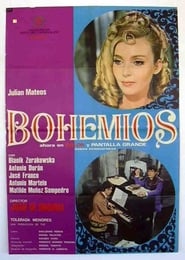 Paris 1900 Sharing a house in the...
Paris 1900 Sharing a house in the...Bohemians 1969
Paris 1900. Sharing a house in the Bohemian District are Roberto, a fledgling Musician, who is composing an Opera with his friend the poet Victor Duval; and the beautiful Cossette, daughter of a retired tenor, who goes up and down the stairs, taking advantage of Roberto's music to train her voice. The young bohemian musician does not know Cosette, but hears her sing daily. Instead, she's in love with Roberto and follows his steps as a composer.
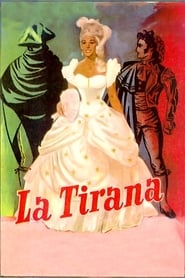 Rosario Tirana actress of the late...
Rosario Tirana actress of the late...La Tirana 1958
Rosario, Tirana, actress of the late eighteenth century, enjoys the protection of the Duke of Fornells, Chief Justice of the Kingdom, which paves for the actress the way to fame on stage at the Prince theater. The secret love of Rosario, the Earl of San Esteban dies in a duel with Fornells and its position is occupied by the bullfighter Costillares.
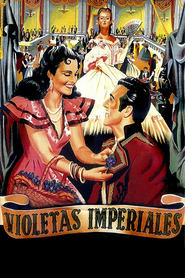 Violeta an Andalusian gypsy foretells a...
Violeta an Andalusian gypsy foretells a...Imperial Violets 1952
Violeta, an Andalusian gypsy, foretells a lady she will become empress. The lady is Eugenia de Montijo, and when she marries emperor Luis Napoleón of France she takes the young girl with her. The empress'cousin readily makes her his focus of attention, then she discovers a criminal attempt against the empress.
La Leona de Castilla 1951
Crown of Castile, 1520. The Comuneros rise up against Charles I, king of Castile and Aragon and emperor of the Hispanic Monarchy. While Juan de Padilla, leader of the uprising, and his captains, Juan Bravo and Francisco Maldonado, fight against the imperial armies, his wife, María de Pacheco, rules the city of Toledo, capital of the rebels.
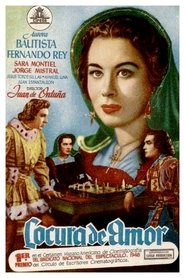 The passion that Joan of Castile...
The passion that Joan of Castile...Locura de amor 1948
The passion that Joan of Castile, daughter of the Catholic Kings and heir to the throne, feels for her husband, Philip the Handsome, sovereign of the Netherlands and son of Maximilian of Austria and Mary of Burgundy, is not reciprocated. Her temperament, her jealousy and an unexpected tragedy will throw Joan into the dark realm of madness and obsession with death, the only realm where she will be a true queen…
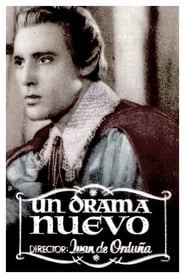 London 1605 William Shakespeare is about to...
London 1605 William Shakespeare is about to...Un drama nuevo 1946
London, 1605. William Shakespeare is about to launch a new drama in The Globe. The comic actor Yorick urges the author to grant him the lead role, although he is not very gifted for serious roles. Then it begins a curious correspondence between what happens on stage and what happens in real life.
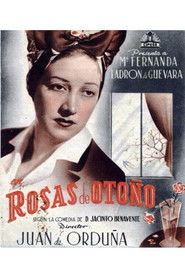 Isabel and Gonzalo a marriage of...
Isabel and Gonzalo a marriage of...Autumn Roses 1943
Isabel and Gonzalo, a marriage of high society, see how their happiness is endangered due to the frequent love affairs of the husband, that will eventually lead them to interact with a pair of cynical thieves dedicated to blackmail Isabel and to defraud Gonzalo in his business
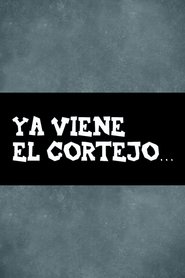 Women from the different Spanish regions...
Women from the different Spanish regions...Ya viene el cortejo… 1939
Women from the different Spanish regions dress in their traditional costumes to attend the triumphal parade celebrating the victory of Francisco Franco and the rebel side over the Second Republic in 1939; the deeds of past heroes are remembered; and a patriotic poem by Nicaraguan poet Rubén Darío is recited.

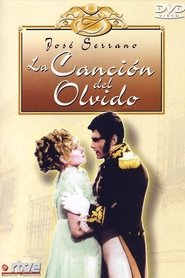

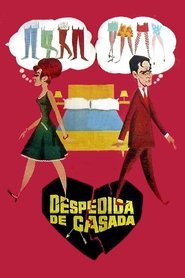
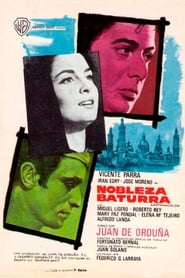 Maria del Pilar is in love...
Maria del Pilar is in love...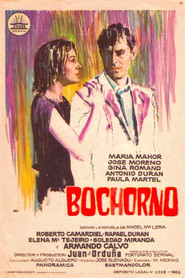
 A musical drama featuring a tragic...
A musical drama featuring a tragic...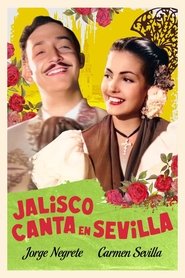 A charro and his sidekick go...
A charro and his sidekick go...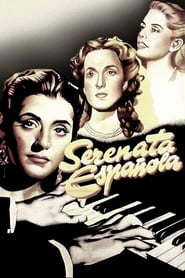
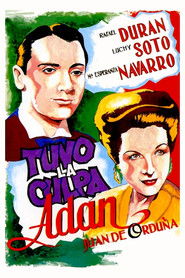 Nora leaves the convent where she...
Nora leaves the convent where she...
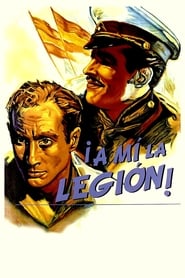 In North Africa in a detachment...
In North Africa in a detachment... Once the Spanish Civil War is...
Once the Spanish Civil War is...